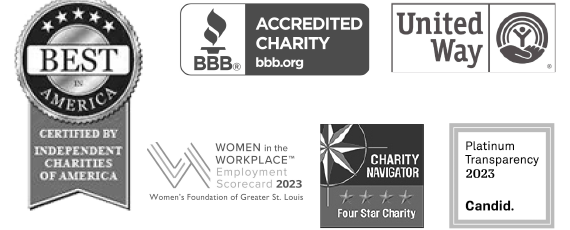Consider Buying into Ugly
Ugly. It’s a word regularly associated with all things negative. In the world today, however, it has a secret power worth discovering. I’m talking about ugly produce. You may or may not have heard the adjective ugly applied to the word produce, but I’m sure you can imagine what I’m talking about. The apple that appears as though two have grown together. The carrot with two bodies. The potato that curves in towards itself.
We’ve all seen ugly produce. They’re rather repellent because they’re outside the norm. They aren’t what we expect. There must be something wrong with them if they don’t look proper. Are they nutritionally different? Is there a danger in consuming them? Absolutely not. They simply don’t please us aesthetically.
This instinct to avoid an item that looks different from those around it is natural. It was likely of great value hundreds and even thousands of years ago, when the norm meant safety. Today that value has turned on us. The likelihood of death from consumption of an apple with a bump on it is, well, ridiculous. Moreover, our refusal to consume that apple doesn’t mean one apple lost. When I don’t eat my bumpy apple, and you don’t eat your carrot pants, and these two items combine with the leftovers Jimmy forgot in the back of the fridge, this means 30-40% of the US food supply is lost. This amounts to 133 billion pounds or $161 billion worth of food in the United States alone.
While we have all seen them, the reality is that we are seeing them less and less. Is it because our apple trees have figured out how to grow proper-looking apples? Or our carrots have learned to grow straight into the ground rather than in two directions at once? Of course not! Rather, these unusual produce items are being sifted out of production before we see them, because we don’t want to see them.
Market responds to demand. We’ve told the market we don’t want to see their twisted potatoes, and so they’ve been sent off to the landfill before a consumer even sets eyes on them. That condemned potato has power, though. It is a reservoir of potassium, fiber, vitamin C, and more. How can this potato be saved and used for all it has to offer? By changing demand.
The next time you’re in the grocery store and sifting through the apples for the perfect ones, consider changing your expectations. Choosing the ugly one will help America increase demand for ugly produce while decreasing unnecessary waste. So give it a whirl. Go for the ugly.
Danielle Gallet de St. Aurin



